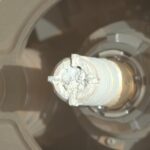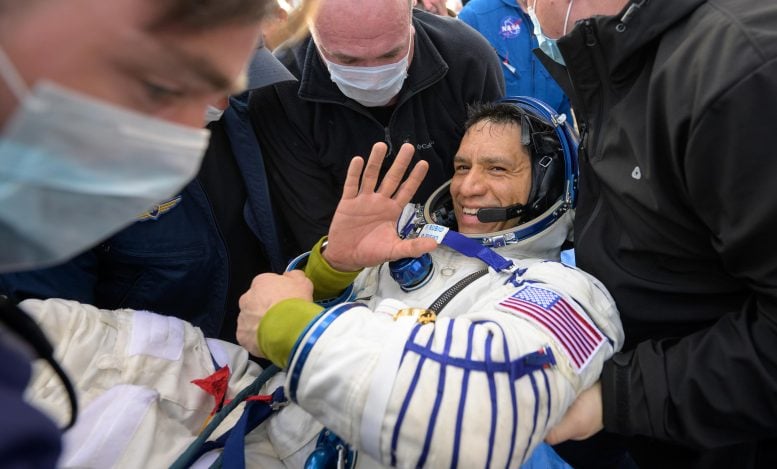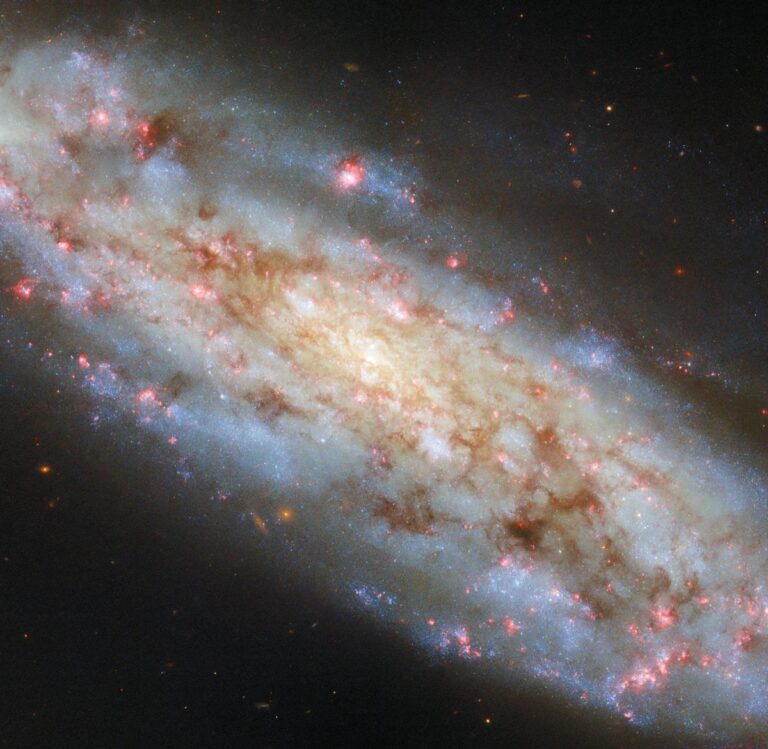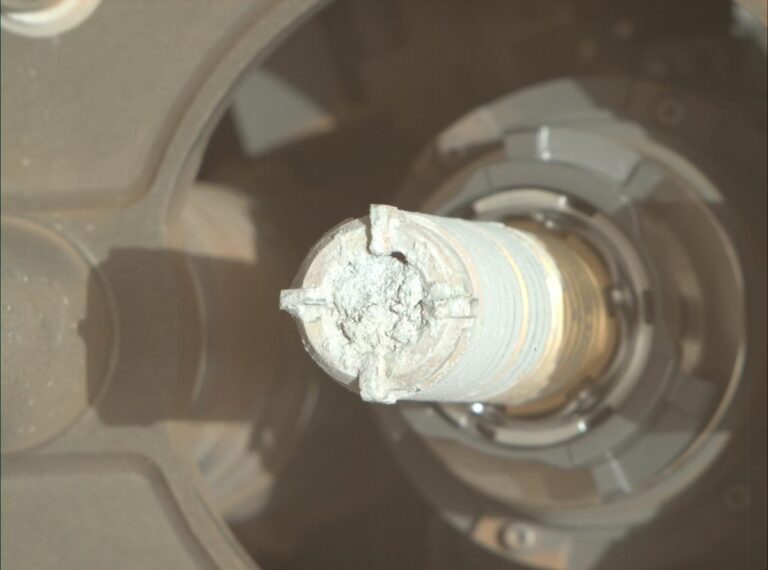A recent study has revealed how long-duration space missions impact astronauts’ cognitive functions, shedding light on how the brain adapts to the unique challenges of space.
By measuring cognitive performance at five intervals—pre-mission, early and late flight, and at 10 and 30 days after landing—researchers identified specific patterns in how the brain responds to space travel.Key Findings: Cognitive Changes in SpaceThe study found that astronauts experienced slower cognitive responses in areas like processing speed, working memory, and attention during space missions.
However, their accuracy remained consistent, demonstrating that performance quality was unaffected.Attention: Slower performance was observed primarily during the early phase of the mission but returned to normal levels later.Processing Speed: This domain showed persistent delays, with baseline levels only resuming after astronauts returned to Earth.Despite these temporary changes, researchers found no evidence of central nervous system damage during a six-month space mission, underscoring the brain’s remarkable resilience.Stress and Its Impact on Cognitive DomainsAstronauts in space face unique stressors, such as microgravity, isolation, and altered circadian rhythms, which compound the stress factors commonly experienced on Earth.
Cognitive Vulnerability: Processing speed, working memory, and attention were identified as the most vulnerable cognitive domains, similar to how these areas are affected by stress on Earth.Resilience of Memory: Unlike processing speed and attention, memory functions appeared less susceptible to these stressors.Lead researcher Dev explained, “Even on Earth, lack of sleep or a hectic day can affect attention and processing speed.
Space amplifies these stressors, but astronauts seem to adapt over time.”Preparing for Moon and Mars MissionsAs humanity prepares for deeper space exploration, such as missions to the Moon or Mars, understanding how the brain adapts to space becomes even more critical. Longer missions introduce additional challenges, such as:Increased Radiation Exposure: Prolonged exposure to space radiation can have unknown effects on cognitive performance.Communication Delays: Extended delays in communication with Earth may impact astronauts’ ability to make quick decisions.The data collected from low Earth orbit missions on the International Space Station (ISS) serves as a valuable baseline for detecting cognitive changes during future missions.Future Research DirectionsWhile this study provides important insights, it leaves some questions unanswered. For example:
Why Do These Changes Occur? The mechanisms behind slowed cognitive performance remain unclear.Operational Impact: The study did not evaluate whether these changes affected astronauts’ ability to perform mission-critical tasks.Researchers speculate that astronauts might compensate for declines in vulnerable areas, ensuring effective task completion despite cognitive shifts.Conclusion: The Resilient Astronaut BrainThis groundbreaking research highlights the brain’s adaptability to extreme environments, offering insights crucial for future space exploration.
By understanding how astronauts’ cognitive functions are affected during and after space missions, researchers can develop strategies to mitigate stressors and ensure optimal performance on future deep-space journeys.For those preparing to explore the Moon, Mars, and beyond, these findings provide an essential foundation for addressing the cognitive challenges of living and working in space.

















+ There are no comments
Add yours